A complex study of childhood loyalties, Playground looks at the uncomfortable truths behind what are supposed to be the best days of our lives.
Reviewed by Helen Tope
Director and screenwriter Laura Wandel focuses on two siblings, Nora and Abel. Nora (played by Maya Vanderbeque) is about to attend the same school as her older brother. Her first day is teary and anxious; her father (Karim Leklov) tries to reassure her that all will be well, she will make friends easily.
Wandel’s cinematographer Frederic Noirhomme sets the camera at the children’s level throughout the film, immersing us in their lives. We follow Nora as she negotiates her way from the relative calm of the classroom, to the absolute bedlam of the school canteen. The tables are divided by unseen hierarchies. Nora tries to join Abel for lunch, but a teacher firmly steers her away, saying she has to stay with her class. Nora sits silently as her classmates chat among themselves.
The children spill out into the playground, and Nora searches for Abel (Gunter Duret). She finds him eventually, in a hidden corner, dealing out beatings. An older boy stands by, watching Abel approvingly. Abel selects children younger and smaller than himself, and Nora is visibly shaken. Her view of Abel is forcibly readjusted.
As a fictional film with a documentary feel, Wandel’s observation of school rituals and patterns may evoke memories of the French documentary Etre Et Avoir, but Playground quickly separates itself from any idea of nostalgia. The social hierarchies within the school that kept Abel and Nora apart on her first day, are explored in depth. Not only are the lines of separation sharply defined, the social standing of any pupil can, crucially, alter by association. Abel insists on not acknowledging Nora in the playground. His status with the ‘bullies’ is precariously held. We find this out as he himself becomes the subject of violence. Nora wants to tell their father what is happening, but Abel urges her to not “get involved”. Abel writes off bruises to his father as accidents in football practice
The decision to film from a child’s perspective means that Wandel’s film is rooted in Nora and Abel’s world. The children’s lives are consumed with the psychological warfare happening on the playground. The result is an intensity that is sometimes uncomfortable to watch. Wandel’s screenplay reminds us that these are institutionalised relationships: Nora and Abel’s loyalties are torn; their devotion to each other is tested the minute they enter the school gates. Abel, in order to not be the victim, has to prove he can initiate violence; Nora wants to defend her brother, but at the same time wants to maintain the delicate balance within her own friendships.
Wandel doesn’t present us with easy solutions either. Nora tells her father about the bullying, and the outcome is less than desirable. The school staff – always a distant, shadowy presence on the actual playground – are unwilling to take the issue seriously: a handshake is proffered as a ceasefire.
The film’s success hinges on its performances, and in the central roles, Maya Vanderbeque and Gunter Duret are astonishing as Nora and Abel. Children’s acting can be notoriously overdone, but Wandel has coaxed out of them sensitive, empathetic work. Vanderbeque has won several awards for her role, and it is easy to see enormous potential in this young actor.
There is a refreshing lack of sentimentality in portraying not only childhood, but school life, that makes Playground’s focus on conflict feel tangibly real. It sits outside Etre Et Avoir’s premise of school as sanctuary. Wandel paints school life instead as a confusing, contradictory environment where even doing the right thing can be a wrong move. We are encouraged to think about the lessons Nora has learned, and the unseen roots behind the violence meted out in the school-yard. What the film reveals about children’s behaviour is truly unnerving, but in Wandel, Playground finds observation without judgement.
In the cinema: Friday 13 – Wednesday 18 May
Discovery Screening: the first 25 tickets purchased for this film are £5 each.

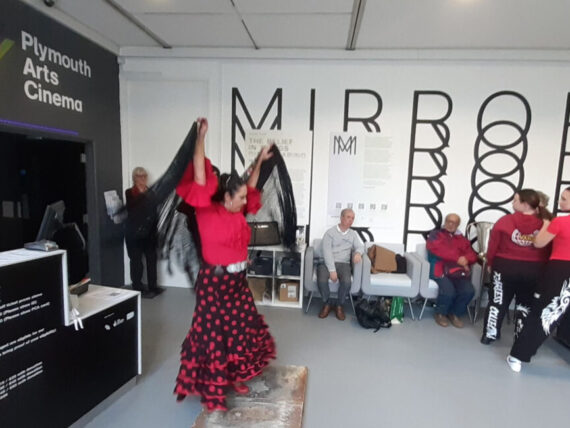
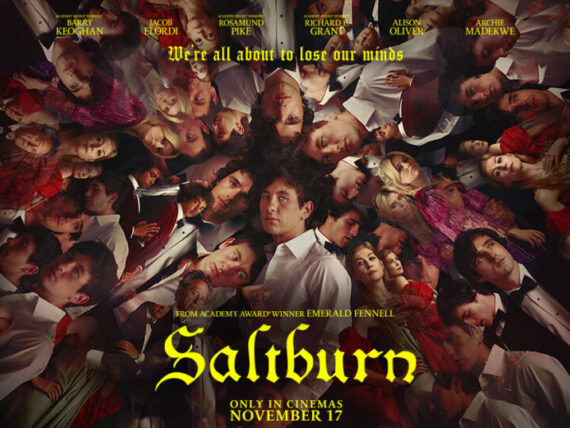

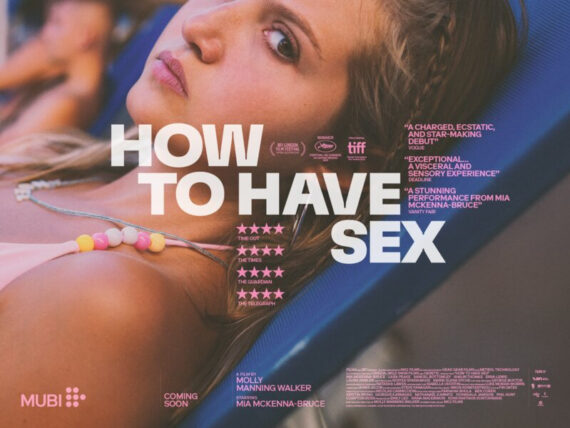
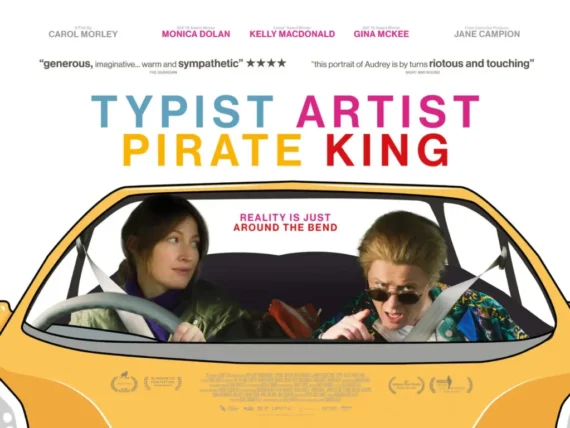
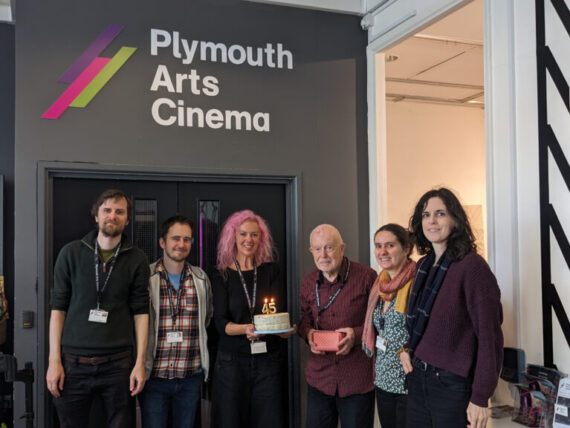
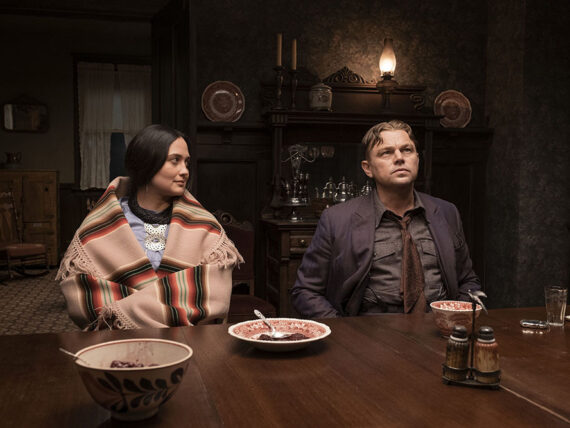
Comments
No comment yet.